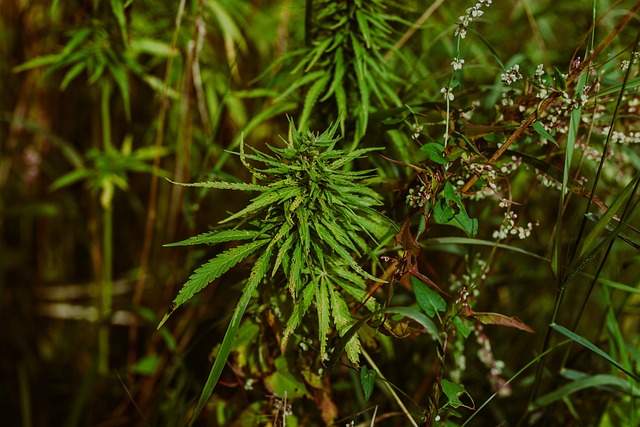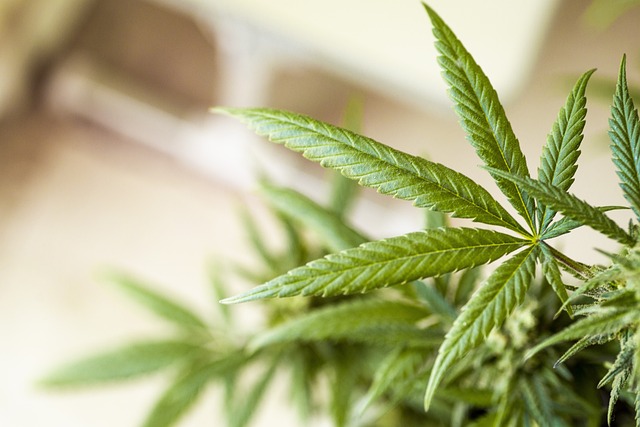
delta-9-tetrahydrocannabinolic acid (THCA) flower has emerged as a promising ingredient in skincare due to its rich cannabinoid profile and potential anti-inflammatory properties. Unlike its psychoactive counterpart THC, THCA is non-psychoactive, making it an appealing option for those seeking the benefits of cannabis without the high. The flower, particularly when used in topical applications, is believed to aid in reducing redness, soothing irritated skin, and promoting a clearer, more radiant complexion. Its antioxidant properties may also assist in protecting skin cells from damage caused by environmental stressors. As a natural component, THCA flower offers a sustainable and potentially effective addition to skincare routines for those interested in the benefits of cannabis without the psychoactive effects.
Explore the multifaceted impact of THCA-rich flowers on skin health and potential side effects. This article delves into the therapeutic properties of THCA in floral formulations, highlighting its role in dermatological care. Discover how these natural compounds can benefit your skin while understanding the precautions to consider for safe use. Join us as we navigate the science behind THCA flowers and their effects on the body’s largest organ.
In conclusion, while tetrahydrocannabinolic acid (THCA) flower has shown promise in skincare regimens due to its rich cannabinoid profile and potential anti-inflammatory properties, it is imperative for users to approach its application with caution. Although the side effects are generally mild when applied topically, individuals should be aware of possible skin sensitivities or reactions. It is always recommended to consult with a healthcare professional before integrating new products, including THCA flower, into one’s skincare routine. By understanding both the benefits and potential side effects, consumers can make informed decisions that align with their personal health goals and skincare needs.






